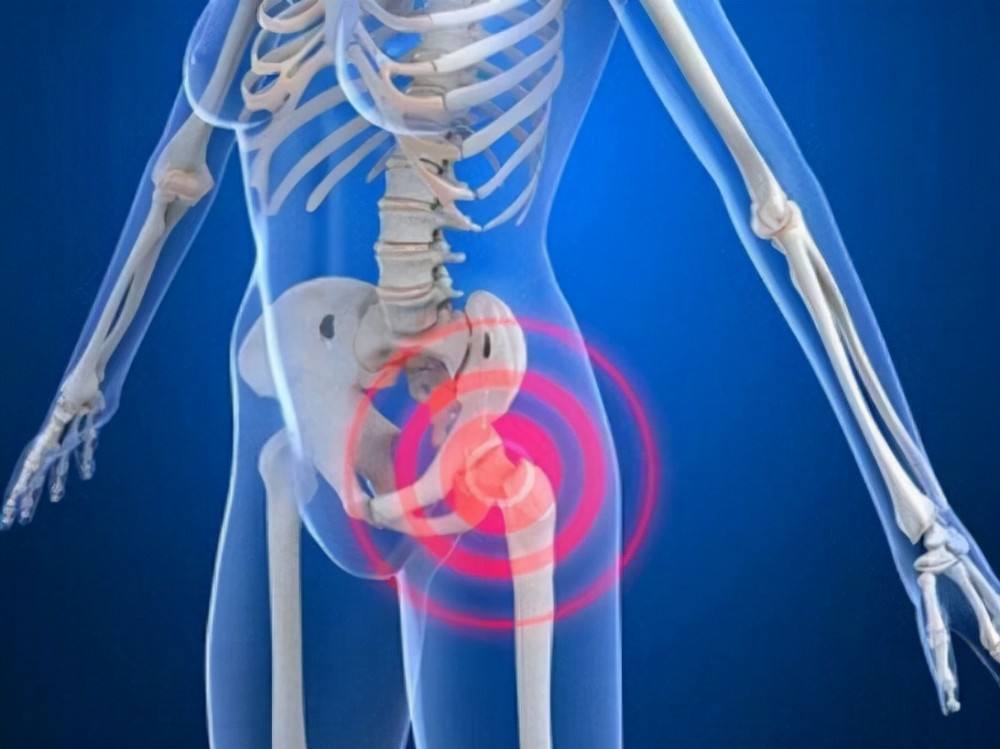On July 29, AbbVie announced that the European Commission (EC) has approved upatinib (15 mg once daily) for the treatment of adults with active non-radiographic axial spondyloarthritis (nr-axSpA). ) of the listing application. These patients had objective signs of inflammation such as elevated C-reactive protein (CRP) levels and/or magnetic resonance imaging (MRI) measurements and had an inadequate response to nonsteroidal anti-inflammatory drugs (NSAIDs). Upatinib is the first and only JAK inhibitor approved for the treatment of patients with radiologically negative axial spondyloarthritis.
Axial spondyloarthritis (axSpA) is a chronic, progressive, and disabling inflammatory disease that affects the spine, causing back pain, limited mobility, and structural damage after attacks. axSpA is mainly divided into radiographic axial spondyloarthritis (r-axSpA) and non-radiological axial spondyloarthritis. 10%-40% of patients eventually progress from nr-axSpA to r-axSpA within 2-10 years.
Upatinib is a JAK1 inhibitor developed by AbbVie and is being studied in several immune-mediated inflammatory diseases. The results of enzymatic activity and cell assay showed that the inhibitory potency of upatinib on JAK1 was higher than that of JAK2, JAK3 and TYK2.
In addition to nr-axSpA, upatinib is approved for moderate to severe rheumatoid arthritis, moderate to severe atopic dermatitis, psoriatic arthritis, moderate to severe ulcerative colitis and ankylosing spondylitis. In addition, AbbVie submitted a marketing application for upatinib to the FDA and EMA on July 27 for the treatment of Crohn’s disease, and its phase III trials in giant cell arteritis and Takayasu arteritis are ongoing.
On October 7, 2021, AbbVie disclosed key results from a multicenter, randomized, double-blind, placebo-controlled Phase III clinical trial (SELECT-AXIS 2). A total of 314 patients were included in the study to evaluate the efficacy and safety of upatinib in nr-axSpA patients.
The data showed that at week 14, a significantly higher proportion of patients in the upatinib group achieved an International Spondyloarthritis Society 40 Response (ASAS40) than in the placebo group (45% vs 23%; p<0.0001), meeting the primary endpoint. In addition, the trial met multiple secondary endpoints: significant improvements in back pain, signs of inflammation, physical function, and disease activity. At week 14, adverse event rates were similar in the upatinib and placebo groups (48% vs 46%).
Dr. Thomas Hudson, senior vice president of research and development and chief scientific officer at AbbVie, said: “For many years, healthcare providers and patients have had limited options for treating axial spondyloarthritis. Upatinib is the first EU-approved treatment for nr- AbbVie is very proud of the axSpA drug for adult patients with nr-axSpA who have objective signs of inflammation and an inadequate response to NSAIDs.”
Filip Van den Bosch, Professor, Department of Rheumatology, Faculty of Medicine, Ghent University (SELECT-AXIS 2 investigator) said: “The European Commission’s approval of upatinib for the treatment of nr-axSpA provides physicians in the EU with an important new treatment option, This therapy has been shown to be effective in the nr-axSpA and axSpA patient populations. This disease presents many challenges to patients’ lives, seriously affecting their quality of life. Therefore, early and effective disease management is essential to improve active nr- key to the health of axSpA patients.”









